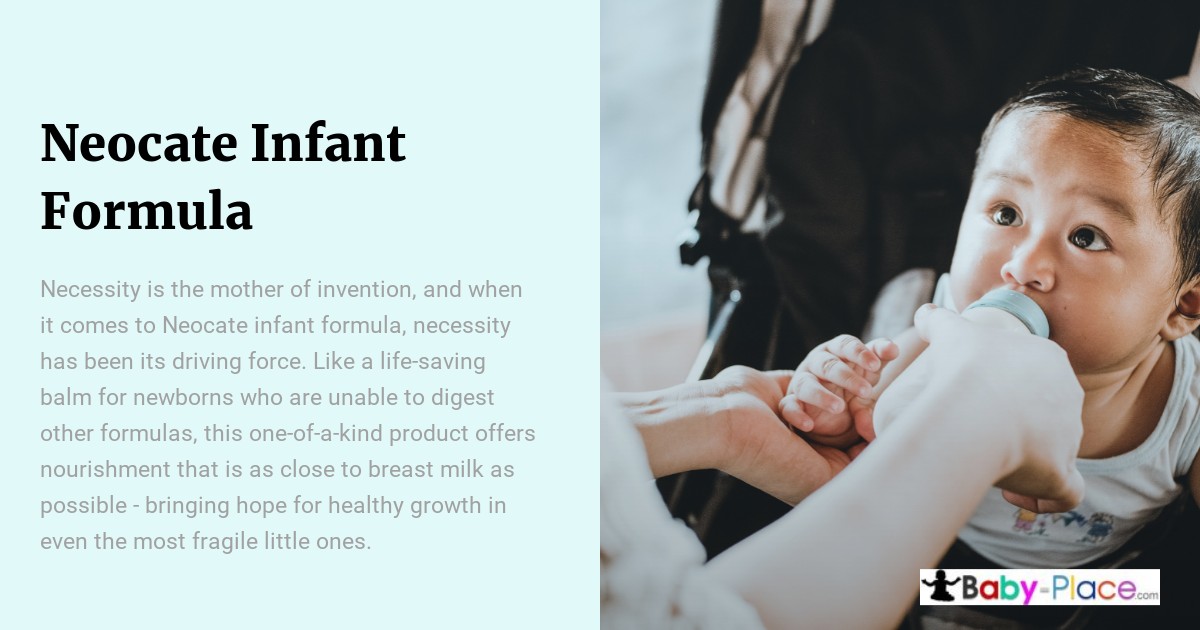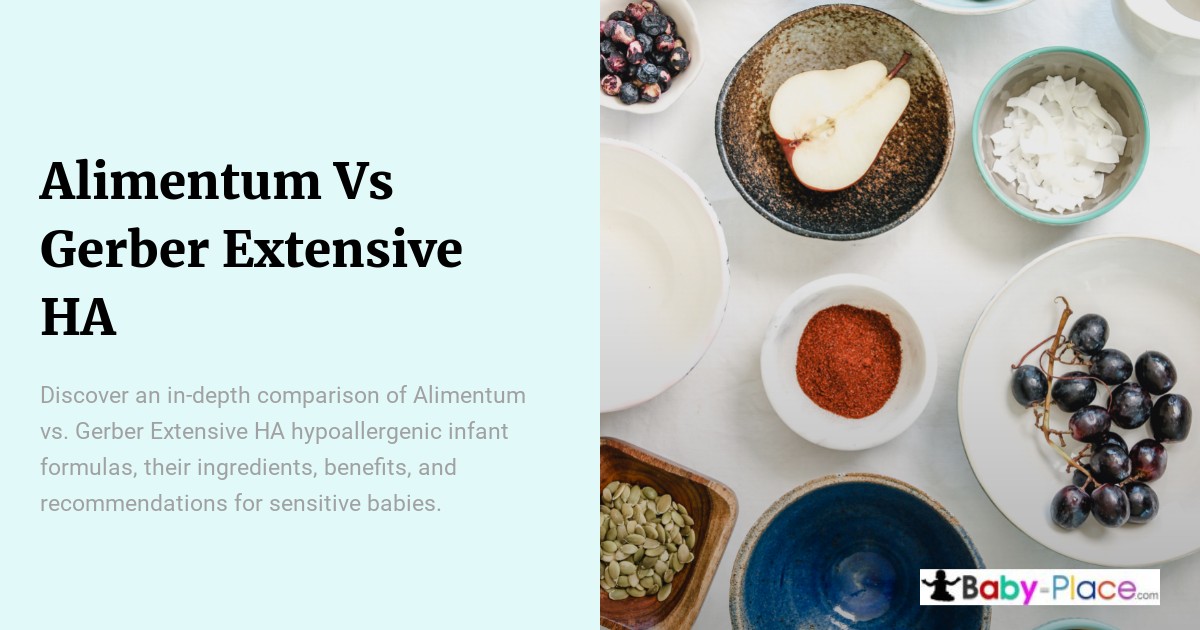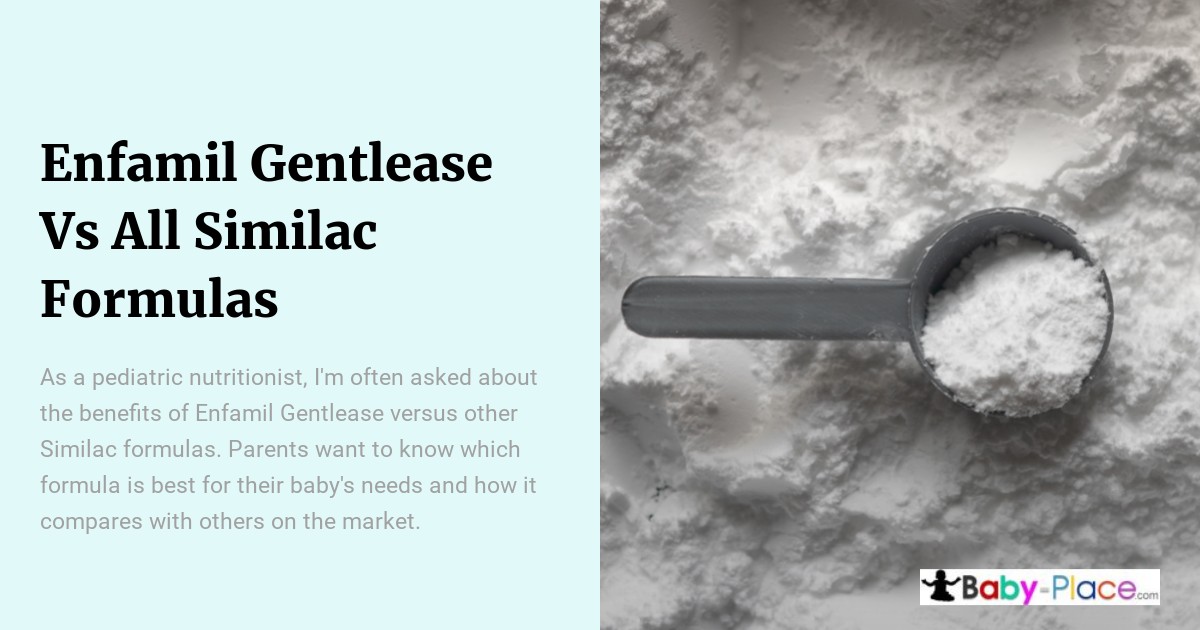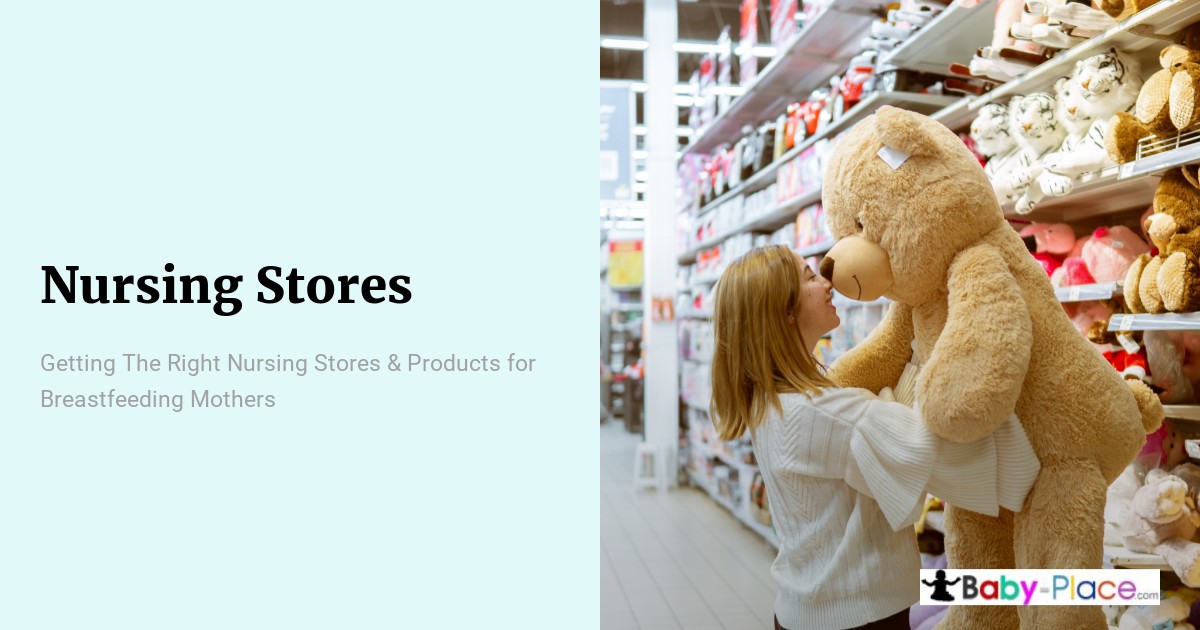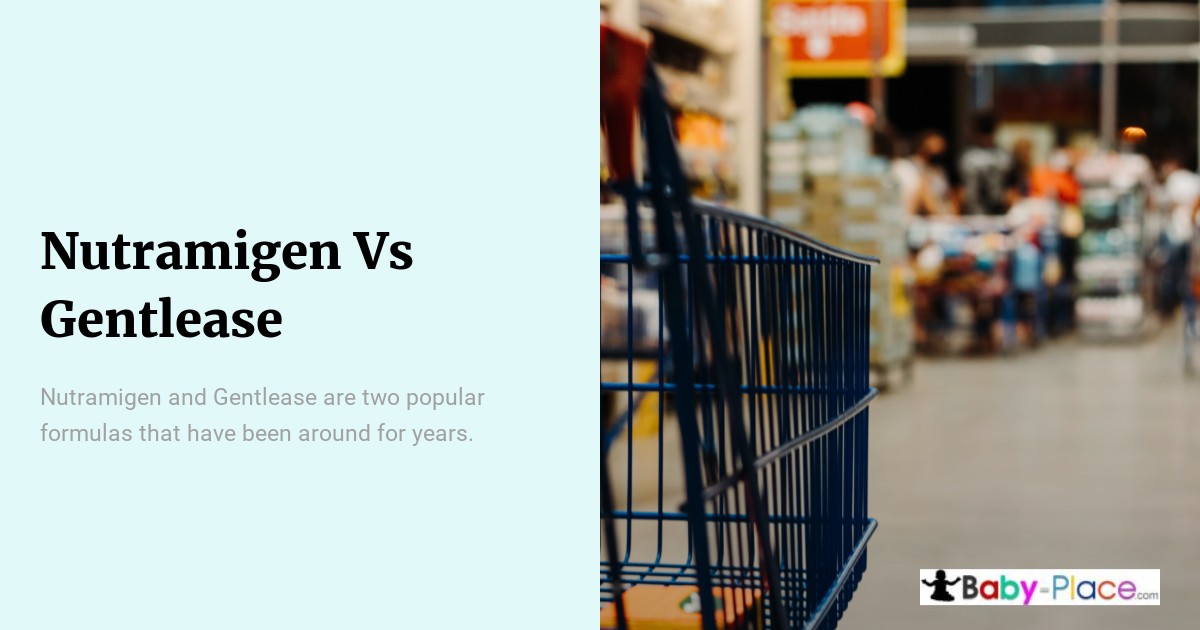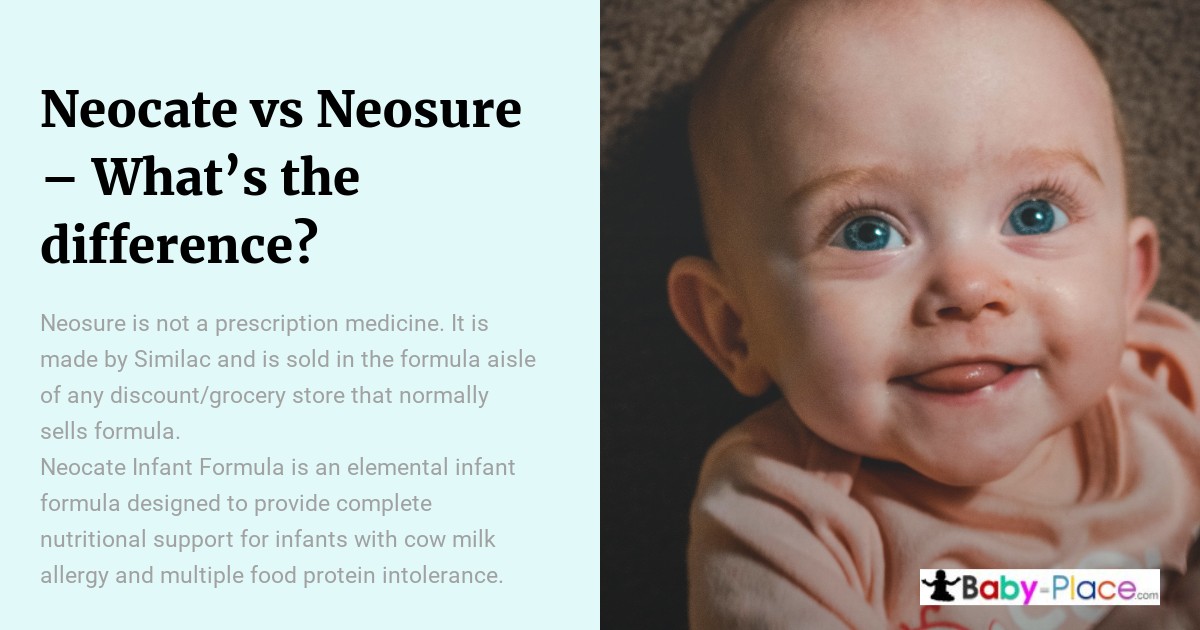Lactose-free baby formulas are becoming increasingly popular as they provide babies with all the necessary nutrients without triggering any unpleasant side effects or allergies. In this article, I’ll be discussing why lactose-free baby formula may be an ideal choice for many parents and what you should look out for when choosing the best option for your child.
The benefits of using a lactose free baby formula extend far beyond just avoiding allergic reactions. Babies who switch to these types of formulas can experience reduced discomfort from colic and other gastrointestinal issues because the ingredients are much easier on their sensitive digestive systems. Additionally, lactose intolerance is quite common in infants so switching to a lactose free alternative helps them avoid uncomfortable symptoms like bloating, gas, and diarrhea while still getting all the vitamins and minerals they need to grow strong and healthy.
Finally, it’s important to note that not all lactose free formulas are created equal; some contain artificial sweeteners or added preservatives which can have negative health effects if consumed over time. That’s why doing research into different brands before making your purchase is essential – you want to ensure that you’re giving your baby only the best quality products available! Read on to learn more about how you can choose the most suitable lactose-free formula for your little one.
Definition & Overview
Did you know that up to 5% of infants suffer from lactose intolerance? Lactose free baby formula is a specialized formula designed for babies with this condition. It contains no lactose, the sugar found in cow’s milk and other dairy products which can cause digestive discomfort. As an expert on lactose free baby formula, I understand how important it is for parents to make sure their little one stays healthy and happy.
Lactose free baby formulas are made using either soy-based or hydrolyzed protein ingredients instead of cow’s milk proteins. Soy-based formulas contain plant proteins derived from soybeans while hydrolyzed formulas use broken down (hydrolyzed) casein or whey proteins. Both types of formulas provide all the necessary nutrients needed for normal growth and development in infants without any of the potential adverse effects caused by lactose intolerance such as bloating, gas, vomiting and diarrhea. In addition, they often have added vitamins and minerals to ensure your infant gets everything he or she needs for proper nutrition during infancy.
It’s essential to consult with a healthcare professional before switching over to a lactose free baby formula so that parents can be sure their child is getting all the necessary nutrients required for optimal health. With careful consideration and monitoring, families can rest assured knowing that their little one will receive all the nourishment they need despite suffering from lactose intolerance!
Types Of Baby Formula
There are a few different types of baby formula available for those who follow a lactose-free diet. The most common type is soy-based formula, which is made from soybeans and does not contain any dairy products. This can be an excellent choice for infants with allergies or sensitivities to dairy as it provides the necessary nutrients without any added lactose. Additionally, there are other alternative formulas such as rice-based and nut-based options that may also be suitable for some babies.
Finally, there are specialized hypoallergenic formulas specifically designed for infants with severe milk allergies or intolerances. These formulas tend to have higher levels of essential fatty acids, vitamins, minerals, and proteins than standard infant formulas. They may also include probiotics and prebiotics to help support healthy digestion in sensitive little tummies. Whichever option you choose, always consult your pediatrician before beginning a new formula regimen with your child.
Identifying Lactose Intolerance In Babies
Identifying lactose intolerance in babies can be a challenge. It’s important to recognize the signs and symptoms of this condition so that you can take the necessary steps for your baby’s health. Here are some key points to look out for:
- Unexplained fussiness or colic after eating
- Abdominal pain, bloating, gas, or diarrhea
- Vomiting shortly after consuming dairy products
If your infant has these symptoms after having cow’s milk-based formula or dairy products like yoghurt and cheese, it could be a sign of lactose intolerance. To confirm the diagnosis, talk to your doctor about testing options. They may suggest conducting blood tests or hydrogen breath tests to determine if there is an issue with digesting lactose. If the results do indicate a problem with digestion then switching to a lactose free baby formula can help reduce those uncomfortable symptoms while still providing all the nutrients needed during early development stages.
It’s also wise to keep track of what foods your baby consumes and any reactions they have. This will help both you and your doctor better understand their individual needs and make sure they receive adequate nutrition without any discomfort caused by food intolerances.
Benefits Of A Lactose-Free Diet
A lactose-free diet can be beneficial for babies who suffer from a lactose intolerance. By eliminating dairy products and other foods that contain lactose, parents can help ease their baby’s discomfort. There are many advantages to following a lactose-free diet, including improved digestion and increased energy levels.
Not only does eating a lactose-free diet provide relief from symptoms of lactose intolerance, but it also offers several health benefits. For instance, the elimination of dairy products reduces cholesterol levels and helps maintain healthy blood pressure. Furthermore, avoiding processed foods means that your baby is getting fewer additives and preservatives in their food which can help overall health and well being. Additionally, replacing cow’s milk with plant-based milk sources like almond or soy milk provides your baby with more vitamins and minerals than regular cow’s milk would offer them.
This type of dietary change may seem daunting at first, but there are plenty of resources available to make transitioning to a lactose-free diet simple and enjoyable for both you and your baby. With careful planning and dedication to maintaining the new lifestyle, you’ll soon see how much easier this change can be for everyone involved!
Nutritional Content Of Lactose-Free Formulas
Are you looking for a lactose free baby formula that is packed with nutrition? Look no further! This section will dive into the impressive nutritional content of lactose-free formulas, making it easier to find the perfect one for your little bundle of joy.
We’ll start off by comparing some important nutrients found in many different types of lactose-free formulas. The following table shows the average amount per serving:
| Nutrient | Amount (per 100ml) | % Daily Value |
|---|---|---|
| Protein | 3 g | 10% |
| Carbohydrates | 7g | 5% |
| Fats | 2g | 4% |
| Iron | 0.3mg | 2% |
You can see from this table that there’s plenty to love about these amazing formulas – they provide essential proteins, carbohydrates and fats along with iron which helps support brain development during infancy. Additionally, most brands are fortified with vitamins A and D as well as other minerals such as calcium and phosphorus.
In addition to all these great health benefits, lactose-free formulas are also easy on sensitive tummies so parents don’t have to worry about their babies having an upset stomach or diarrhea after drinking them. Plus, since they’re dairy free, they won’t cause any uncomfortable bloating either! All in all, choosing a quality lactose-free formula is a smart choice when it comes to giving your child the best nutrition possible without sacrificing taste or convenience.
Ingredients To Look For In Lactose-Free Baby Formulas
When choosing a lactose-free baby formula, it is important to know what ingredients are in the product. Most formulas that are labeled as “lactose free” will contain some type of dairy protein such as casein or whey. Often times these proteins have been broken down into smaller components so they can be easier for babies to digest. Additionally, other proteins like soy and rice are commonly used in place of dairy proteins.
In addition to proteins, many lactose-free formulas include various vitamins and minerals including calcium, iron, zinc and vitamin A. These essential nutrients help support healthy growth and development during infancy. Many brands also offer additional nutritional benefits such as probiotics which may play an important role in gut health. It is important to read labels carefully when selecting a formula to ensure all necessary nutrients are included.
Pros And Cons Of Using Lactose-Free Baby Formula
Lactose-free baby formula is commonly used for infants who have difficulty digesting lactose or those with milk allergies. It can be a viable solution to digestive issues, but it’s important to understand the pros and cons of using this type of formula.
Pros:
- Lactose-free formulas provide an alternative source of nutrition for babies who cannot tolerate lactose.
- They contain all essential nutrients that are found in regular formula, including iron and calcium.
- Most brands are fortified with prebiotics which help promote healthy digestion and gut health.
Cons:
- The cost of lactose-free formulas may be higher than standard formulae.
- These formulae can sometimes cause constipation due to their low levels of carbohydrates.
- Some brands may use artificial sweeteners as a substitute for lactose, which could potentially cause adverse reactions in some babies.
Overall, if your baby has difficulty digesting lactose or has a milk allergy, switching them to a lactose free formula may be beneficial. However, it’s important to consult your doctor first before making any decisions regarding infant nutrition since every baby is unique and will require different nutritional needs at different times throughout growth stages.
Preparation Tips For Lactose-Free Formula
Once parents have made the decision to purchase a lactose-free baby formula, they must prepare it properly to ensure their little one receives all of its nutritional benefits. Preparing this type of formula is similar to preparing regular infant formula, but there are some differences that should be taken into consideration.
When mixing up a bottle of lactose-free baby formula, start by measuring out the correct amount of water and adding it to the bottle first. This helps prevent clumping or powdery residue from forming in the liquid. Then add the appropriate number of scoops for your baby’s age and stir until completely dissolved. Be sure not to add too much powder as this can cause constipation in babies who are sensitive to dairy products. Once prepared, store the bottle at room temperature and feed immediately – do not refrigerate after preparation as bacteria may form if left unrefrigerated for more than two hours.
It’s important to note that while most lactose-free formulas contain cow milk proteins, they have been broken down so they are easier on digestion; however these formulas still need to be introduced slowly over time with caution as an allergic reaction could occur. If your baby experiences any adverse reactions such as vomiting, diarrhea or rashes contact your pediatrician right away before continuing use.
Common Allergens In Dairy Alternatives
When considering a lactose free baby formula, it’s important to take into account any other allergen or sensitivity issues. Common allergens found in dairy alternatives include soy, almonds and rice. Soy allergies are the most common of these three and can cause reactions like skin rashes, nausea and vomiting. Almond allergy is less common but still present; symptoms may include abdominal pain, diarrhea and even anaphylaxis. Finally, rice allergies are also not uncommon and may manifest as itching eyes, hives or wheezing after consumption.
It’s essential for parents to consider their child’s individual needs when selecting a suitable formula option. If there are existing sensitivities or allergies to one of these substances, then alternative products should be chosen which do not contain that particular ingredient. Consulting with your pediatrician will ensure you make the best decision for your infant’s nutritional requirements.
Breastfeeding With A Low-Lactose Diet
Did you know that up to 65% of the world’s population can have difficulty digesting lactose, the natural sugar found in milk? It is important for mothers with a low-lactose diet to have access to other forms of nutrition when breastfeeding their baby. Fortunately, there are a few methods for doing this without compromising on nutrition or flavor.
The most common way parents supplement breastmilk with an alternative source of nutrition is by using a lactose free baby formula. These formulas consist of proteins and carbohydrates from alternate sources like soy protein or hydrolyzed whey protein instead of cow’s milk based ingredients which contain lactose. Unlike traditional dairy formulas, they do not cause gastrointestinal distress while still providing necessary nutrients for your infant’s growth and development.
Lactose free baby formulas provide essential vitamins and minerals that may be missing from your own diet due to dietary restrictions such as calcium for strong bones, omega fatty acids for brain development and iron for healthy red blood cells. Additionally, many brands offer additional supplements such as probiotics that help promote digestion and reduce colic symptoms in babies. With so much available to choose from, it can be difficult to make the best decision for your child. To ensure you find the right balance between taste and nutrition, speak with your doctor about what would be best suited for your little one’s needs.
How To Choose The Right Formula For Your Baby
When it comes to choosing the right lactose free baby formula, there are a few factors to consider. First, determine if your baby has any allergies or sensitivities that might be aggravated by certain ingredients in the formula. If so, make sure you choose one without those specific allergens. Secondly, look for a formula with adequate nutritional value and made from quality ingredients that meet safety standards. You can also ask your doctor for advice on which type of formula is best for your baby’s needs.
Finally, read reviews from other parents who have used the same brand of formula to get an idea of how well-received it is among users. This will help you decide whether it’s the right choice for your little one. Ultimately, selecting a lactose free baby formula depends on what works best for you and your family – but do research first before making any decisions!
Cost Considerations For Lactose-Free Formulas
Picture this: a young baby, sucking on their bottle of lactose-free formula. The cost of the items in their pantry may seem insignificant to some, but it can have a huge impact for a family trying to provide nutrition and sustenance for their little one. Let’s take a look at how much you should expect to pay when purchasing lactose-free formulas.
| Brand | Price Per Oz. | Cost per 32 oz Can |
|---|---|---|
| Earth’s Best | $0.20 | $6.40 |
| Similac | $0.22 | $7.04 |
| Enfamil | $0.23 | $7.36 |
As an expert in lactose-free baby formula, I can confidently say that these prices are reasonable considering what parents will be getting with each brand – namely quality ingredients and tons of vitamins and minerals that help support healthy growth and development for babies who cannot tolerate cow’s milk or lactose in general due to allergies or food sensitivities like colic or reflux symptoms. Additionally, many brands offer discounts if purchased online as well as subscription services which allow customers to save even more money over time!
When deciding between different types of lactose free formula, evaluating nutritional content is key as well as looking into price points – both of which vary from brand to brand – so make sure you do your research before making any decisions regarding what type of formula works best for your infant’s needs!
Specialty Stores Vs Supermarkets
Now that you know the cost considerations for lactose-free formulas, it’s important to understand where to buy them. Generally speaking, there are two main options: specialty stores and supermarkets.
Specialty stores have a wide selection of lactose free baby formula brands and often carry products not available in your local supermarket or drug store. It’s also worth noting that these shops typically offer more personalized service with helpful staff who can answer specific questions about various products. They may even be able to recommend other non-dairy alternatives as well as provide samples so that parents can make an informed decision before purchasing. Here is a quick list of pros when shopping at specialty stores:
- A wide variety of product choices
- More knowledgeable staff
- Ability to compare different varieties side by side
Supermarkets, on the other hand, tend to stock fewer types of lactose free baby formula but they do have one major advantage – price. Supermarket prices are usually cheaper than those found in specialty shops due to their large bulk buying power and competitive pricing strategies. Furthermore, most supermarkets accept coupons which can help lower costs further if you shop around for bargains beforehand. These are some advantages when choosing this option:
- Better pricing structure
- Easier access/availability
- Acceptance of coupons
When choosing between these two options it comes down to personal preference and budget restrictions. Do thorough research into both types of retailers before making any decisions so that you’re sure you’re getting the best possible deal while ensuring your little one gets only the highest quality nutrition from their food sources
Safety Guidelines For Feeding Babies With Allergies Or Intolerances
It seems counterintuitive, but feeding a baby with allergies or intolerances can be one of the most important steps in maintaining their health. Contrary to popular belief, parents don’t have to sacrifice nutritional value for safety when it comes to lactose free baby formula. By following these guidelines and tips, you’ll ensure your little one is getting all the nourishment they need while also staying safe from any potential allergens.
One of the main concerns for parents looking for a lactose free baby formula is whether it will provide adequate nutrition for their child’s growth and development. Fortunately, there are many options out there that offer complete nutrition without compromising on taste. When shopping around, pay close attention to ingredients lists and make sure everything listed is made from organic sources whenever possible. In addition, only purchase formulas that come from reputable brands who have tested them rigorously for quality assurance. Finally, look for supplements like DHA Omega-3 fatty acids which are essential nutrients for babies’ cognitive development as well as other vitamins that may help strengthen their immune system over time.
When preparing and serving the formula, avoid exposing it to direct heat or light; this could cause certain proteins within the milk to break down into potentially harmful substances. Additionally, always use clean utensils and sterilize bottles before each use – even if you’re using pre-made powder mixes – as bacteria can still thrive in powdered formulae if not stored properly. With these precautions taken care of, your little one should be able enjoy a nutritious mealtime experience with no fear of allergic reactions!
Supporting Your Child’s Digestive Health
Supporting your child’s digestive health is essential to a healthy and happy lifestyle. As parents, it’s important that we provide our children with the best nutrition possible so they can reach their full potential. Lactose free baby formula helps support this goal without compromising on taste or quality of ingredients.
When choosing a lactose free baby formula for your little one, you should look for formulas made from natural sources such as goat milk, coconut milk, and other non-dairy options. These foods are easier to digest and contain fewer allergens than traditional dairy products like cow’s milk. Additionally, these types of formulas often include probiotics which help promote good gut bacteria balance in babies. This can be beneficial for reducing fussiness, gas pains, diarrhea and constipation – all common issues among infants and toddlers who experience an intolerance to lactose.
With careful consideration of ingredient content and unmatched nutritional value, lactose free baby formulas offer families a great way to ensure their children get the nourishment they need while avoiding the adverse effects of allergies or sensitivities caused by regular dairy products.
Conclusion
With careful consideration of cost and nutritional content, you can provide your little one with the best possible nutrition.
It’s important to remember that even if your child has an allergy or intolerance, they still need all the essential nutrients in their diet. A balanced formula will ensure this is met without sacrificing taste – it’ll make them smile from ear-to-ear! Additionally, following safety guidelines such as always washing hands before feeding and using clean bottles will help avoid any potential health risks.
The journey towards finding a suitable lactose free option for your baby may seem daunting but with research and guidance from experts like me, I’m sure you’ll find something they love! It’s nothing short of miraculous how far we’ve come when it comes to providing safe and nutritious food options for babies with allergies or intolerances – no exaggeration!

